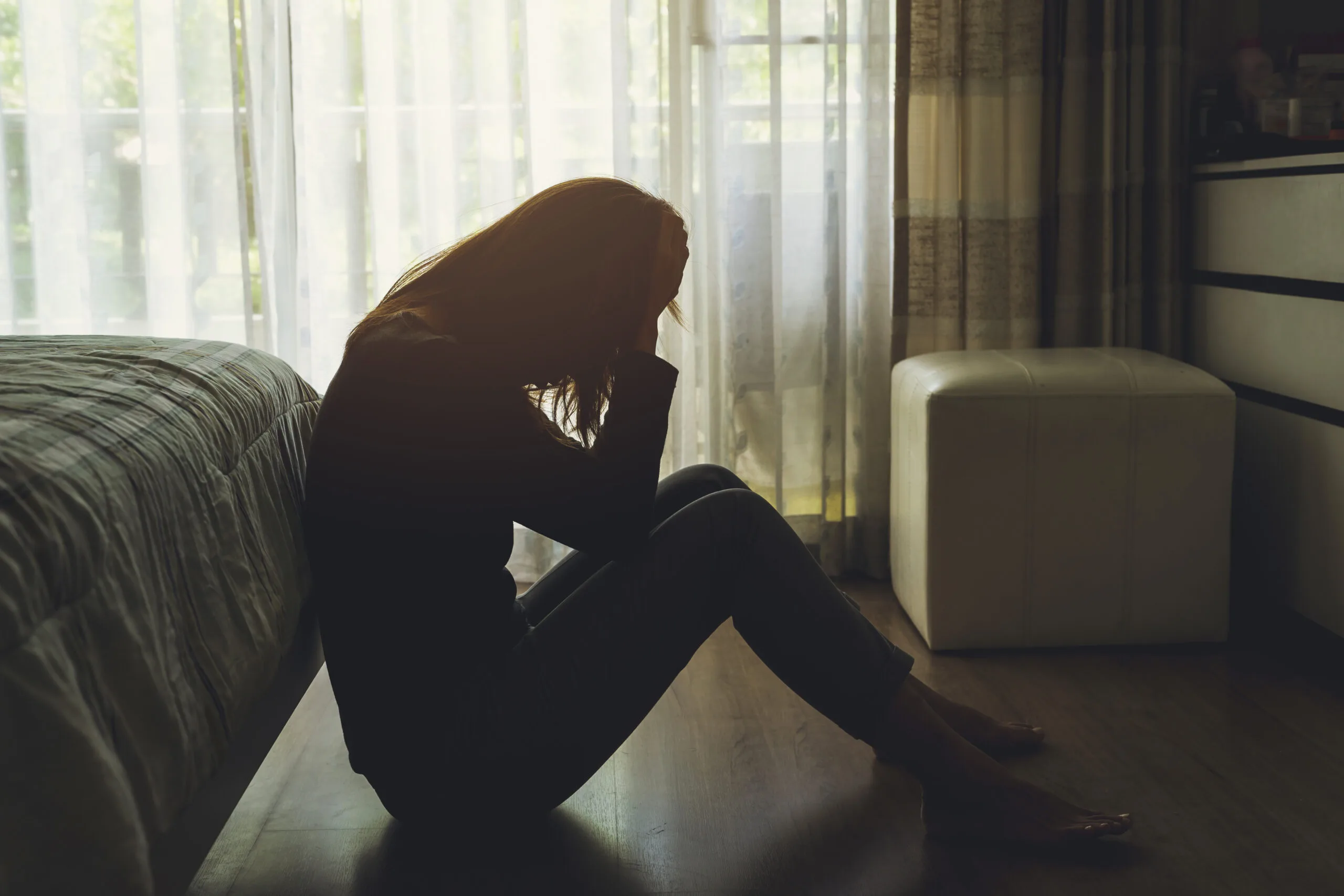The Complex Relationship Between Bipolar Disorder and Substance Abuse
Bipolar disorder is a mental health condition characterized by extreme mood swings. The symptoms of this mental illness can be exacerbated by substance abuse. On the other hand, individuals with bipolar disorder frequently turn to substance abuse to cope or self-medicate. In this blog, we explore the interplay between bipolar disorder and substance abuse, the impact of alcohol abuse on bipolar disorder and the risks associated with co-occurring disorders.
The Connection Between Bipolar Disorder and Substance Abuse
Individuals with bipolar disorder are at an increased risk of developing substance abuse issues compared to the general population. This heightened vulnerability may stem from various factors, including self-medication attempts, impulsivity and genetic predisposition. Substance abuse can also trigger or worsen manic or depressive episodes in individuals with bipolar disorder.
Can Substance Abuse Cause Bipolar Disorder?
While substance abuse does not directly cause bipolar disorder, it can exacerbate existing symptoms and increase the risk of developing the disorder in vulnerable individuals. The relationship between substance abuse and bipolar disorder is complex and bidirectional, with each condition influencing the onset and course of the other.
For instance, abusing stimulants like cocaine or methamphetamine can induce manic episodes in individuals predisposed to bipolar disorder. Conversely, depressive episodes may be triggered or intensified by the use of depressant substances such as alcohol or opioids. Prolonged substance abuse can also disrupt the brain’s neurochemistry, potentially exacerbating mood instability and impairing cognitive function in individuals with bipolar disorder.
Bipolar Disorder and Alcohol Abuse: A Dangerous Combination
Alcohol abuse is particularly prevalent among individuals with bipolar disorder and can have severe consequences on their mental and physical health. Some individuals may use alcohol to self-medicate, hoping to alleviate their symptoms during depressive episodes. However, excessive alcohol consumption can actually worsen mood symptoms and increase the risk of suicidal ideation and behavior.
Moreover, alcohol can interact with medications used to manage bipolar disorder, reducing their effectiveness and potentially leading to dangerous side effects. The combination of alcohol and mood-stabilizing medications can also impair judgment and coordination, increasing the risk of accidents, injuries and overdose.
Risks of Co-Occurring Bipolar Disorder and Substance Abuse
When individuals struggle with both bipolar disorder and substance abuse simultaneously (known as co-occurring conditions), they face unique challenges in managing their mental health and recovery. Co-occurring disorders can complicate treatment outcomes, as substance abuse may mask or exacerbate underlying mood symptoms, making accurate diagnosis and effective treatment planning more challenging.
Additionally, individuals with co-occurring bipolar disorder and substance abuse may experience greater social and occupational impairments, increased healthcare utilization and a higher risk of legal and interpersonal problems. The stigma surrounding mental illness and substance abuse can also contribute to feelings of shame and isolation, further hindering recovery efforts.
Addressing Dual Diagnosis: Treatment and Recovery
Effective treatment for co-occurring bipolar disorder and substance abuse requires a comprehensive and integrated approach that addresses both conditions simultaneously. Dual diagnosis treatment programs typically combine pharmacotherapy, psychotherapy and behavioral interventions to address mood symptoms, substance use behaviors and underlying psychological issues.
Psychoeducational interventions can help individuals gain insight into the relationship between bipolar disorder and substance abuse, identify triggers and coping strategies and develop skills for managing mood symptoms and cravings. Cognitive-behavioral therapy (CBT) and dialectical behavior therapy (DBT) are often used to address maladaptive thought patterns, improve emotion regulation and enhance coping skills.
Medication management is also a crucial component of dual diagnosis treatment. Pharmacotherapy can help stabilize mood symptoms and reduce cravings associated with substance abuse. However, it is essential to monitor for potential drug interactions and side effects, as certain medications used to treat bipolar disorder may have abuse potential or exacerbate substance use behaviors.
Navigating the Complexities of Co-Occurring Bipolar and Substance Abuse
Navigating the complexities of dual diagnosis requires a holistic and integrated approach that addresses the unique needs and challenges of individuals with co-occurring bipolar disorder and substance abuse.
With locations in North Carolina and the Poconos, Tapestry provides comprehensive treatment and support for individuals struggling with mental health and co-occurring substance use disorders. Our goal is to empower individuals to achieve lasting recovery and improve their quality of life. To learn more about recovery at Tapestry, call (828) 490-4032 today.






